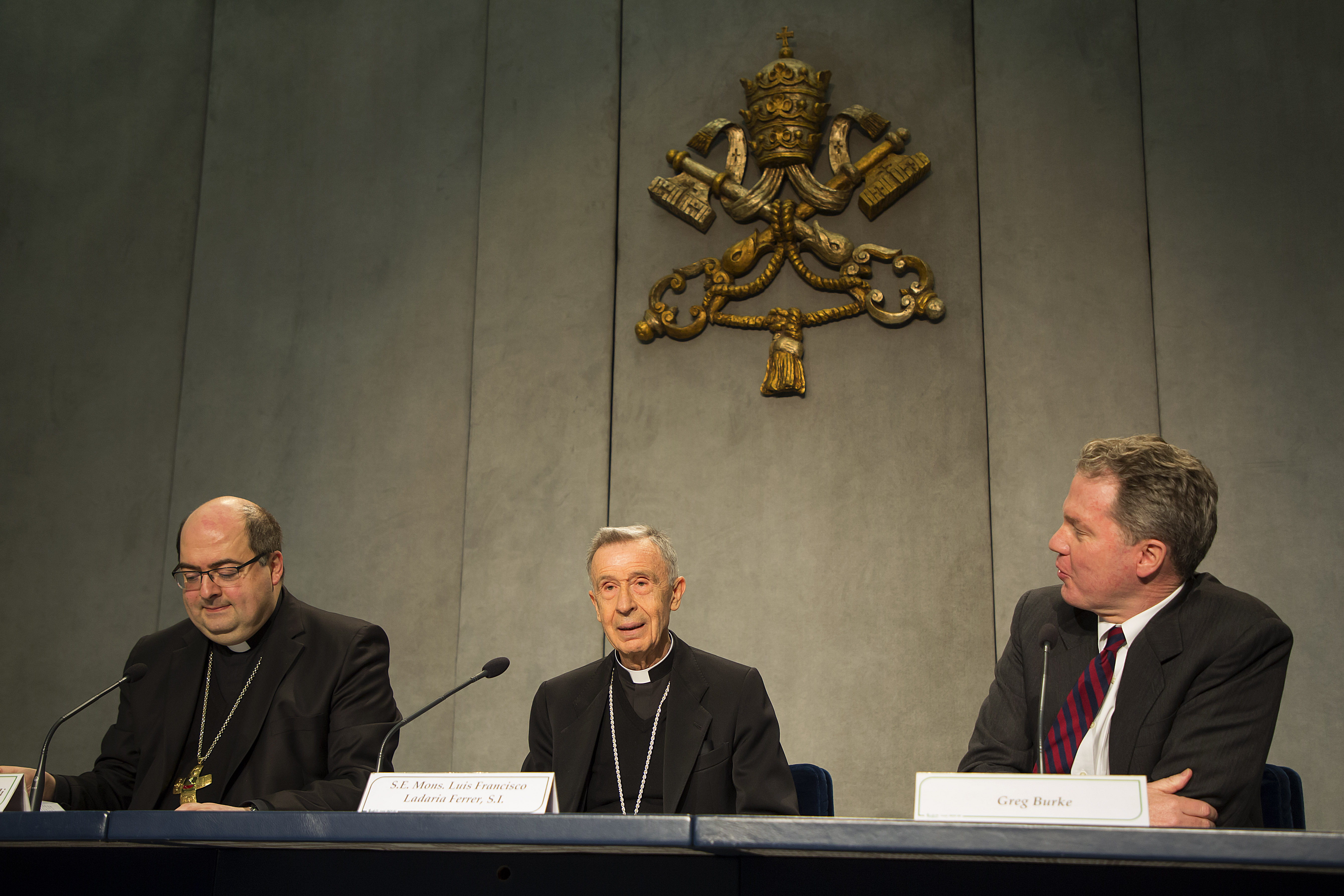Theology
The Letter “Placuit Deo”, issued today, reaffirms that Jesus is the only Saviour of the whole human person and the Church is the place of Salvation. No to new forms of the ancient heresies of Pelagianism and Gnosticism

“Both neo-Pelagian individualism and the neo-Gnostic disregard of the body deface the confession of faith in Christ, the one, universal Saviour.” The statement is contained in the Letter “Placuit Deo”, the new document issued today by the Congregation for the Doctrine of the Faith on certain aspects of Christian life, presented in the Vatican press room. “The place where we receive the salvation brought by Jesus is the Church”, the text reaffirms, in line with Dominus Iesus – remarked Msgr. Luis Francisco Ladaria Ferrer, Prefect of the Congregation for the Doctrine of the Faith, during the document’s presentation in the Vatican Press Room. The document, published in light of the teachings of Pope Francis, is meant “to respond to two forms of reductionism that are a reminder of old problems, although they don’t replicate them.” Hence No to new forms of Pelagianism and Gnosticism, that Pope Francis has already referred to in his magisterium as “tendencies that resemble certain aspects of two ancient heresies.”
“A new form of Pelagianism is spreading in our days – states the Letter – one in which the individual, understood to be radically autonomous, presumes to save oneself, without recognizing that, at the deepest level of being, he or she derives from God and from others. According to this way of thinking, salvation depends on the strength of the individual or on purely human structures, which are incapable of welcoming the newness of the Spirit of God.
Happiness is not “self-realization” for “no created thing can totally satisfy us.” Faith in Christ teaches that “The total salvation of the person does not consist of the things that the human person can obtain by himself, such as possessions, material well-being, knowledge or abilities, power or influence on others, good reputation or self-satisfaction.” “Our hearts will be restless until they rest in Him”, it cautions quoting from Saint Augustine and Gaudium et Spes: ““The ultimate vocation of man is in fact one, and divine.”
“Our faith proclaims that the universe is good because it was created by God and that the evil that is most damaging to man is that which comes from his heart.” It is “this separation from God that brings about the loss of harmony among human persons, and between humanity and the world, introducing the dominion of disintegration and death.” Instead, Jesus Christ is at the same time Saviour and Salvation. For – as we are taught by Benedict XVI – “being a Christian is not the result of an ethical choice or a lofty idea, but the encounter with an event, a person, which gives life a new horizon and a decisive direction.”
“Christ is Saviour in as much as he assumed the entirety of our humanity and lived a fully human life in communion with his Father and with others – is the document’s central message – “Salvation, then, consists in incorporating ourselves into his life, receiving his Spirit” that is “at the same time Savior and Salvation.”
“The place where we receive the salvation brought by Jesus is the Church”, states the final part of the document, which reminds us that “the salvific mediation” of the Church – “the universal sacrament of salvation”, as proclaimed in Lumen Gentium – assures us that “salvation does not consist in the self-realization of the isolated individual, nor in an interior fusion of the individual with the divine. Rather, salvation consists in being incorporated into a communion of persons that participates in the communion of the Trinity.” “Total salvation of the body and of the soul is the final destiny to which God calls all of humanity”, the Letter concludes, exhorting us to “establish a sincere and constructive dialogue with believers of other religions, confident that God can lead all men of good will in whose hearts grace works in an unseen way towards salvation in Christ”, as stated in Gaudium et Spes.